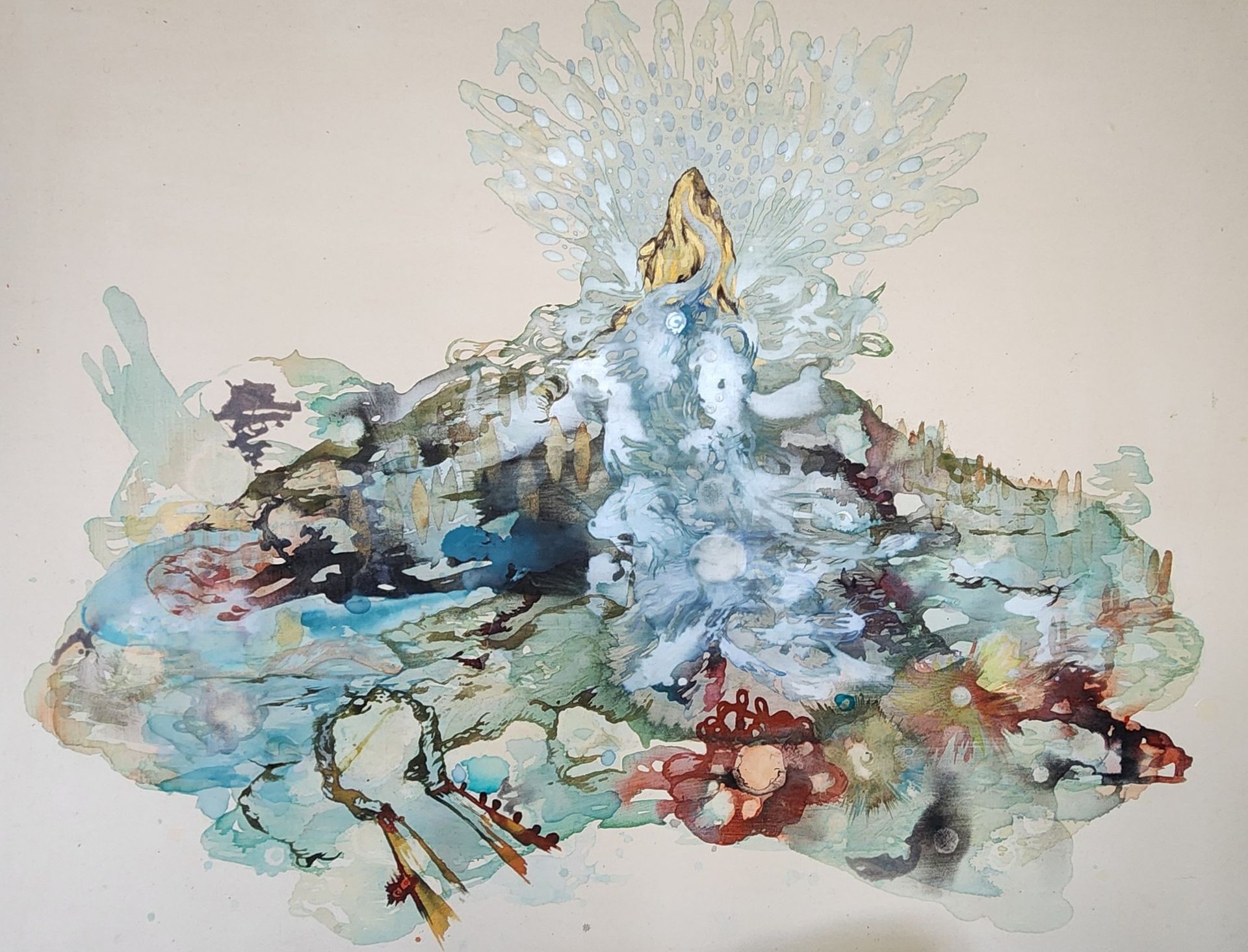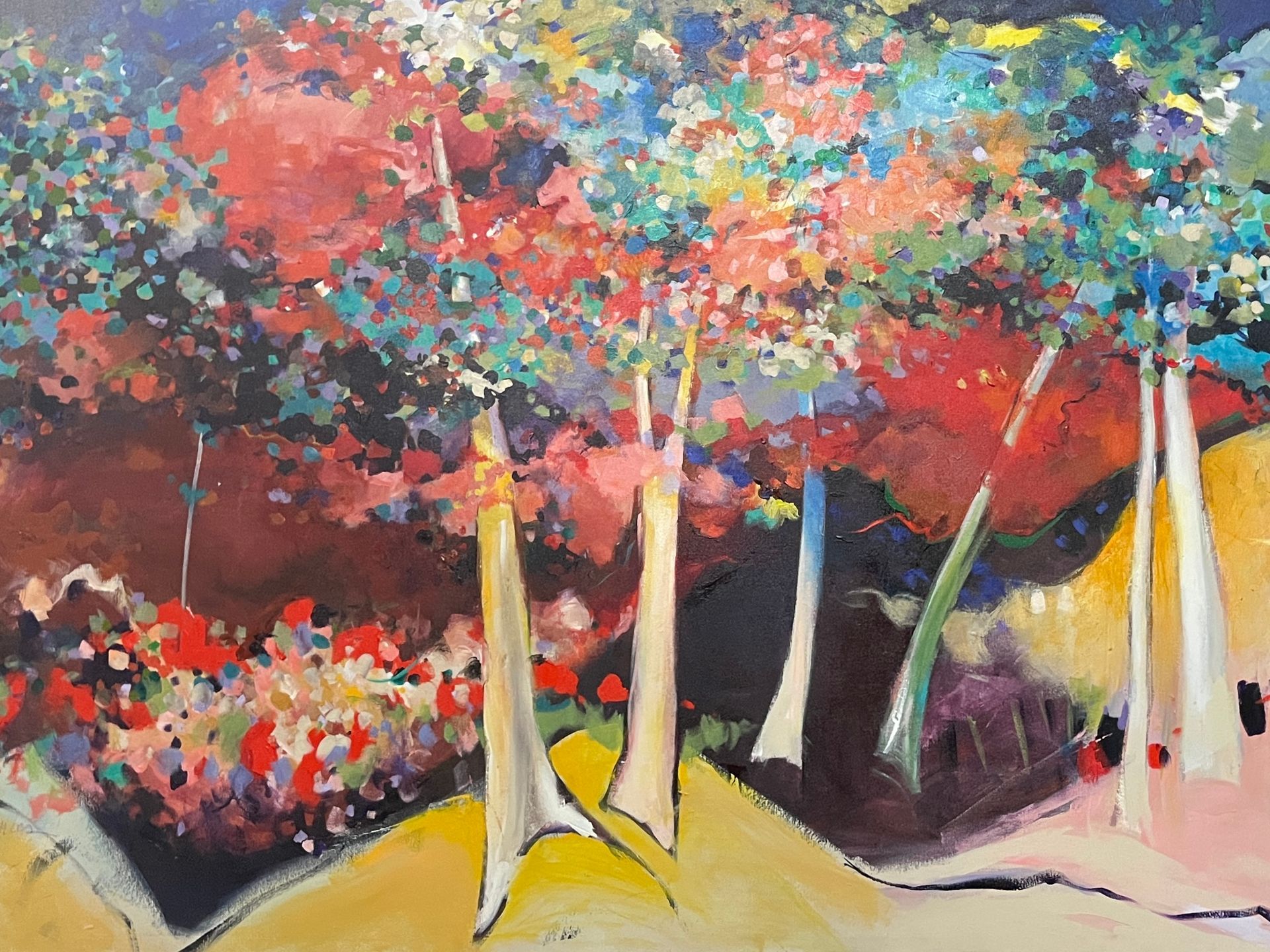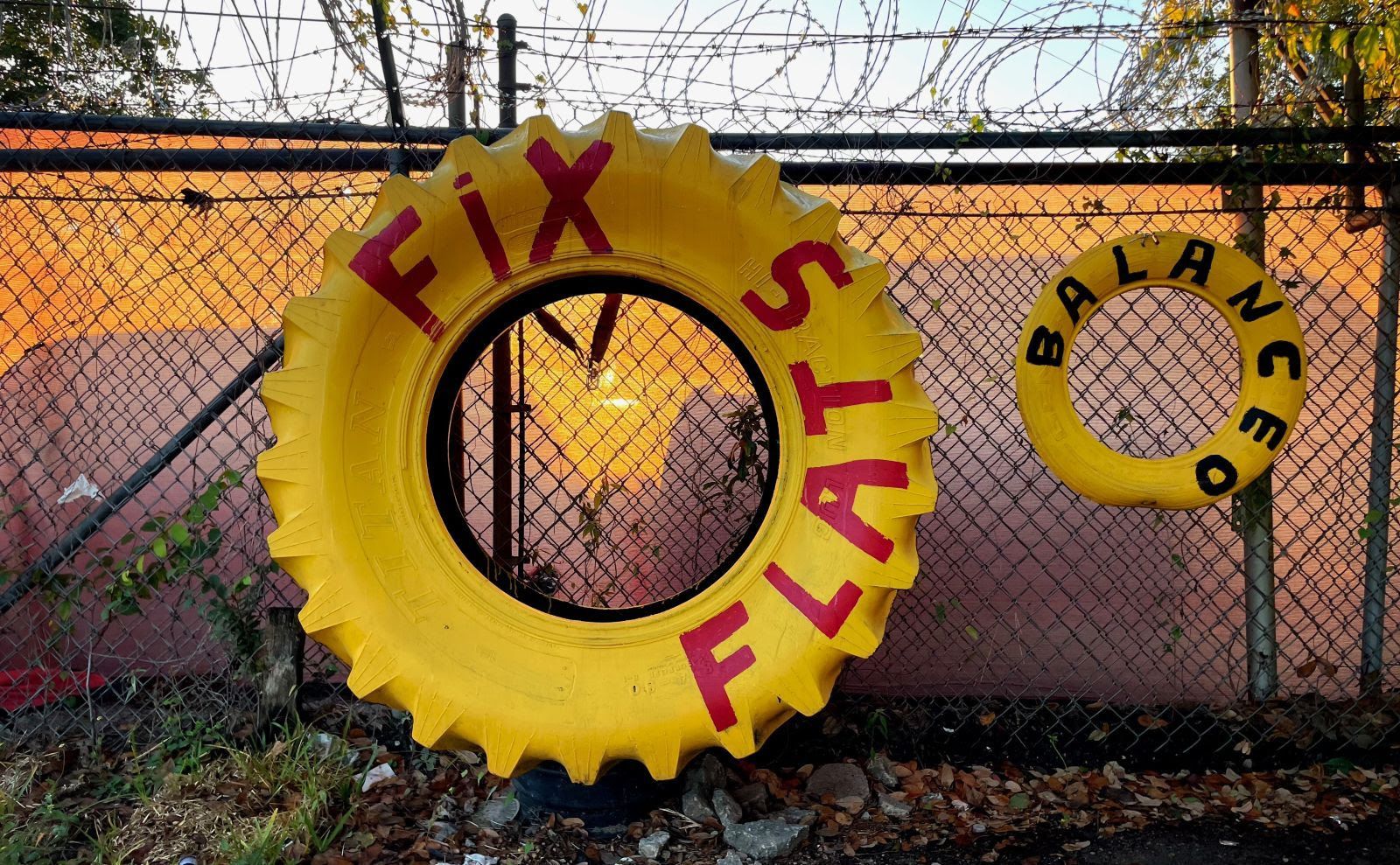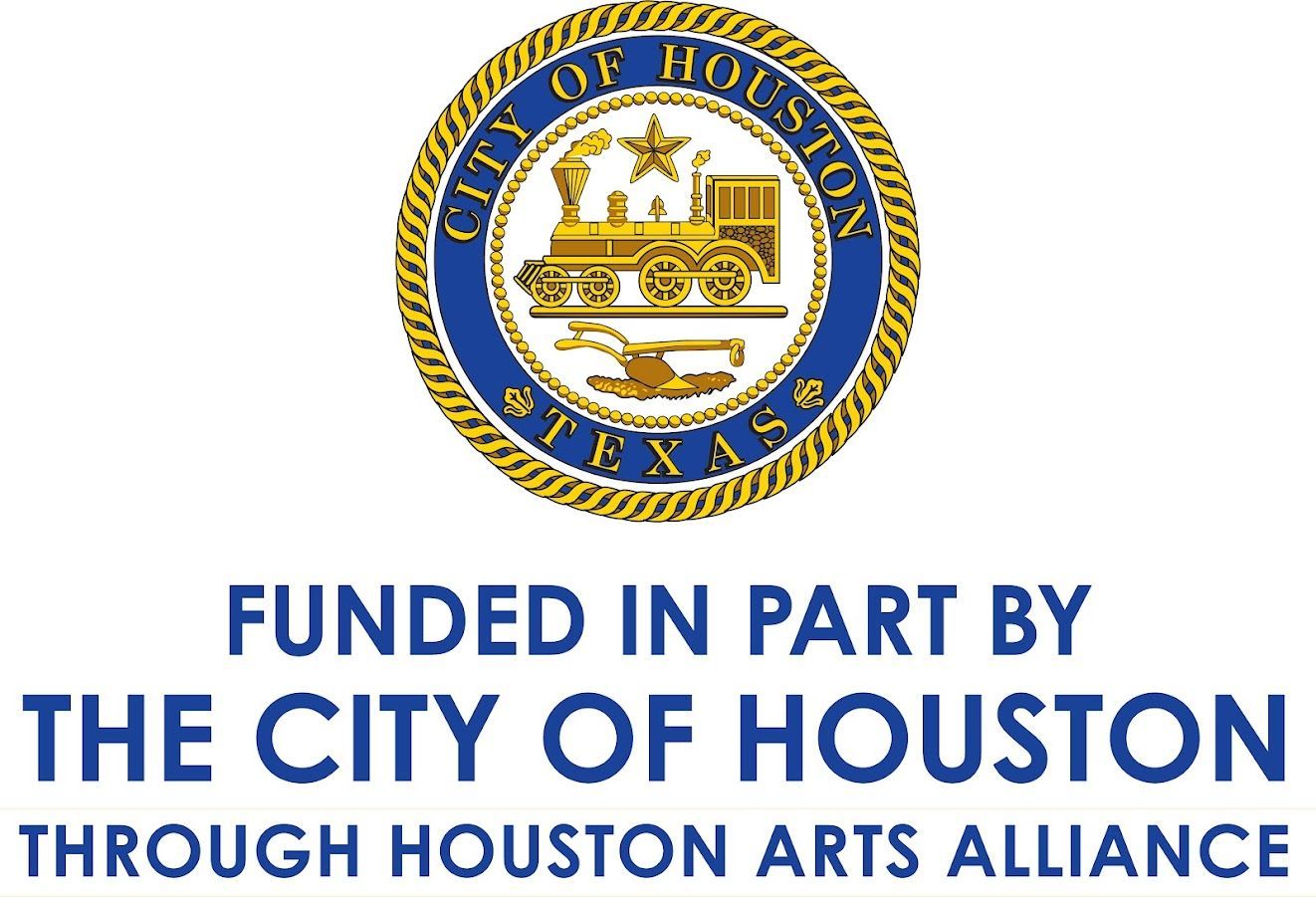Grace and Gratitude
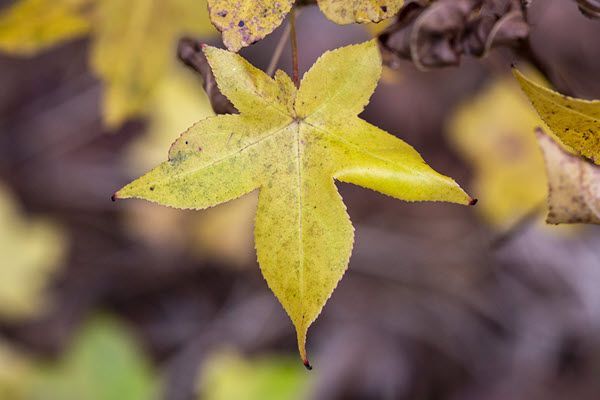
Grace and Gratitude
November 15, 2021
Friends,
I don't know how to use the word "normal" anymore.
For most of the last couple of months, I've worked five days a week in our building at 5200 Montrose Blvd. It's not a new normal, or an old one. Some of the uncomfortable rhythms and realities of our lives that have emerged in the last two years don't fit into any normal I want to accept. But returning to this building, being with people on a regular basis, has been a joy, and it feels like the beginning of an end to this long time of transit.
A good friend just walked through my open office door, sat down, and talked with me for the better part of an hour. David Spaw runs Healing Circles Houston, a quietly extraordinary network of volunteers committed to connecting people through the powerful, deceptively simple practice of listening in community. It was an unplanned moment of grace -- not normal, though it rhymed with what I thought was normal two years ago. My door used to be open.
Grace shares a root with gratitude, an emotion and a practice research tells us is correlated with all sorts of mental health benefits. Honestly, I dislike being told I need to feel anything, including gratitude, and this is the time of year when that unsolicited advice is everywhere, even socially mandated. I’m exhausted from feeling angry, scared, and sad. Gratitude is tough to access.
But am I ever grateful right now, this afternoon. For an open door and unexpected time conspiring with a friend ( con-spirare : to breathe together). For the autumnal beauty of Brad Mehldau’s piano in the room while we talked. For the students and faculty and artists coming back to our space. For you, and what you have given this community of passionate, reflective, creative, and values-focused people seeking clarity and connection in an increasingly complex world.
In her new book Saving Grace , political journalist Kirsten Powers tells us that the simplest definition of grace is unmerited favor. She sees it as much more than that, though, and what we need most in this rancorous, dangerous time. Giving each other grace does not mean ignoring injustice or magically holding hands with those whose beliefs and actions you oppose, or even hate. Instead, “[g]race helps you see that other people’s beliefs and actions belong to them, and that marinating in judgment, rage, hatred, frustration, and resentment toward them helps nobody. In fact, it harms you. If you are anything like me, it steals your peace, makes your body hurt, creates a sense of helplessness and hopelessness, causes anxiety, and in the worst-case scenario leads you to adopt the behavior and tactics you are trying to oppose.” When we grant it to ourselves and to others, it is “the original form of self-care.”
Your presence in the life of The Jung Center is a kind of grace, favor given without connection to merit. If, as Audre Lorde tells us, “we have no patterns for relating across our human differences as equals,” learning to give others grace may be the first step in developing those patterns. At this time when we’re recollecting the year and opening ourselves to gratitude, I find hope in that thought.
As a small expression of thanks and connection, I’d like to share one of those moments of grace in our community, which happened about a month ago, in our conference “Hope, Transcendence, Resilience,” sponsored with the University of St. Thomas and American Leadership Forum. You can scroll down to view Myokei Caine Barrett, the first woman and first Westerner to be ordained as a bishop in the Nichiren Buddhist order of North America, as she reflected on hope as an experience and a practice.
With abiding gratitude,
Sean Fitzpatrick
Executive Director
The post Grace and Gratitude appeared first on The Jung Center of Houston, Texas.
Share
Recent Posts
